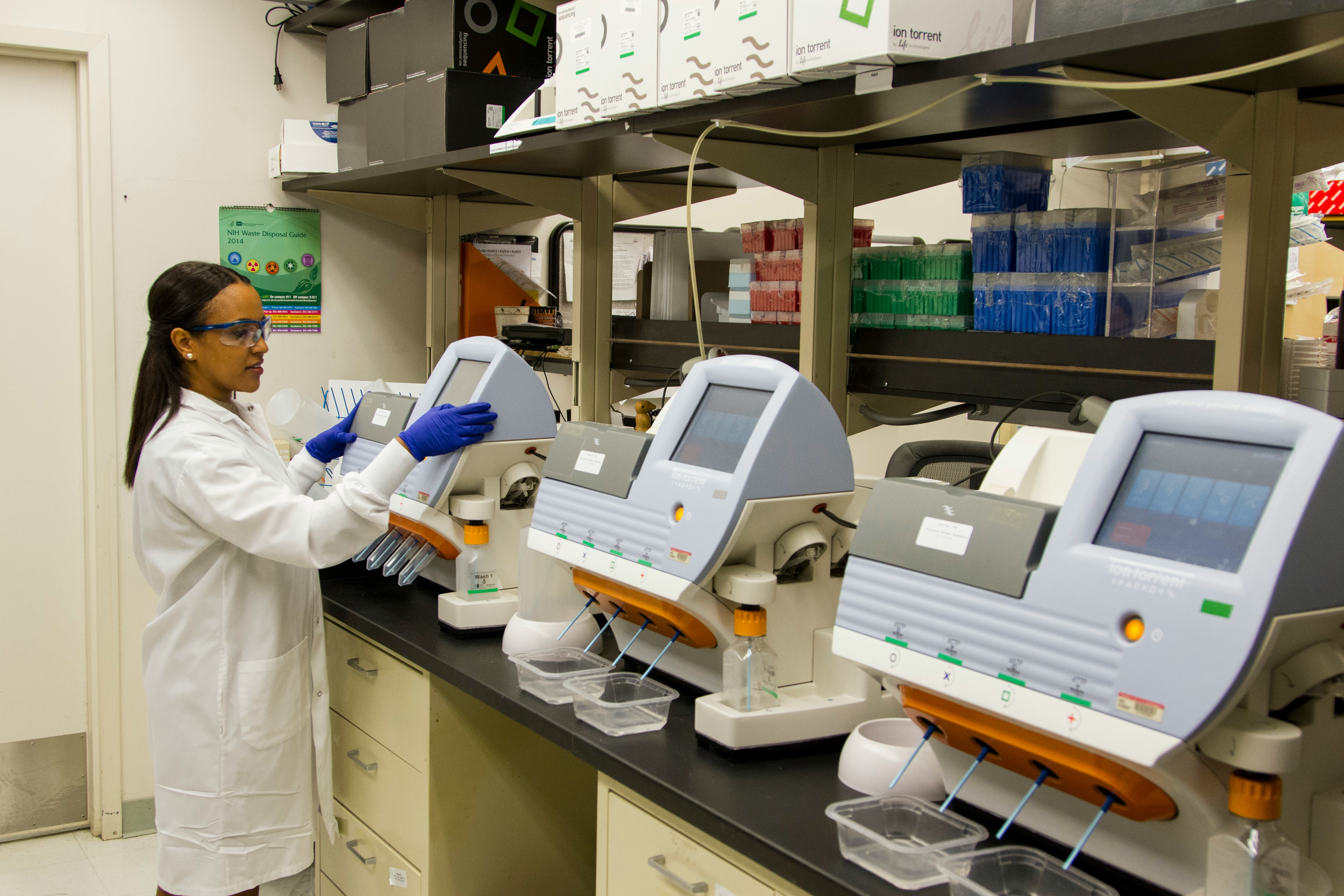The year 2020 has seen its fair share of setbacks, from the oil sector to health care; there’s an interesting story to tell. Businesses in a wide range of sectors started the year with plans for each quarter, only to see everything come to a halt. However, companies in the Biotech Industry, on the other hand, have taken a different path. Most will have to work twice as hard in the face of the pandemic to encourage the discovery of medical devices and products that will rightfully impact human health. That said, this article will further evaluate three ways COVID-19 is impacting microbial fermentation technology.
First, What is Microbial Fermentation Technology?
Microbial fermentation technology is an advanced field that makes useful products via fermentation of micro-organisms. Fungi, bacteria, and insect cells are still undergoing research for use in the chemical, pharmaceutical, energy, material, and food industry.
Micro-organisms like bacteria, yeasts, fungi, and their enzymes are all involved in the process of fermentation. The biotechnology program uses DNA sequences to select the right strains of bacteria for fermentation. There is even ongoing research that reveals how probiotics (which are live bacteria and yeasts) help to treat and prevent COVID-19. There’s little wonder why the microbial fermentation technology industry is one of great interest during this ongoing Coronavirus battle.

1. The Food Market
There has been a significant financial stimulus pumped into the economy to keep things afloat during this period. However, microbial fermentation is highly encouraged in the food market, especially sectors that are directly beneficial to the improvement in human life. Now, more than before, there’s a demand for fermented foods that will improve gut health and boost immunity. There’s no doubt that a healthy gut improves the resistance against diseases, and increases the chances of living even for people exposed to the virus.
This is why the University of Wisconsin-Madison is serving as a mentor to many, offering vital education on the benefits of fermented foods. They have had years of experience on the topic, and with increased interest in fermentation, there are hopes for an increase in such products and the resulting benefits as well.
2. Bio Forward Solutions
Of course, this has probably changed in the course of recent events. Medicine has branched out into new future-forward sectors like medical biotechnology, stem cell research, clinical trials, biofuels, molecular biology, and other fields related to life sciences.
It’s like the world is relying on entrepreneurs and businesses within the biotech industry more than other exact sciences, for solutions that will help. For example, one Wisconsin Biotech company plays a huge part in Wisconsin’s biotech industry. They not only focus on biochemistry but also new process technologies, whilst producing products using microbial fermentation. Certainly, the creation of patent products and medicine for biopharmaceuticals is increasing this year.
3. The Race to a Vaccine
Many pharmacies use reagents and microbial fermentation for research and development of new products. Markets around America, Asia, and Europe have been forced back into the lab, as technological advancements in the development of microbial strains increase the yield of microbial-based drugs.
In 2017, the microbial fermentation technology market was valued at US$10.0 Billion and projected to rise to US$17.8 Billion by 2026. The increase in funding has made quite a leap since then to a whopping $60 billion. The markets for vaccines have increased from 18 billion to 28 billion in 2020. More so, in the U.S, an organization like WARF and WEDC are supporting both small businesses and biotechnological companies not just to come up with a vaccine, but also to develop drugs and products that improve gut health and boost immunity.
With all this said, it is evident that COVID-19 is heavily impacting microbial fermentation technology.





